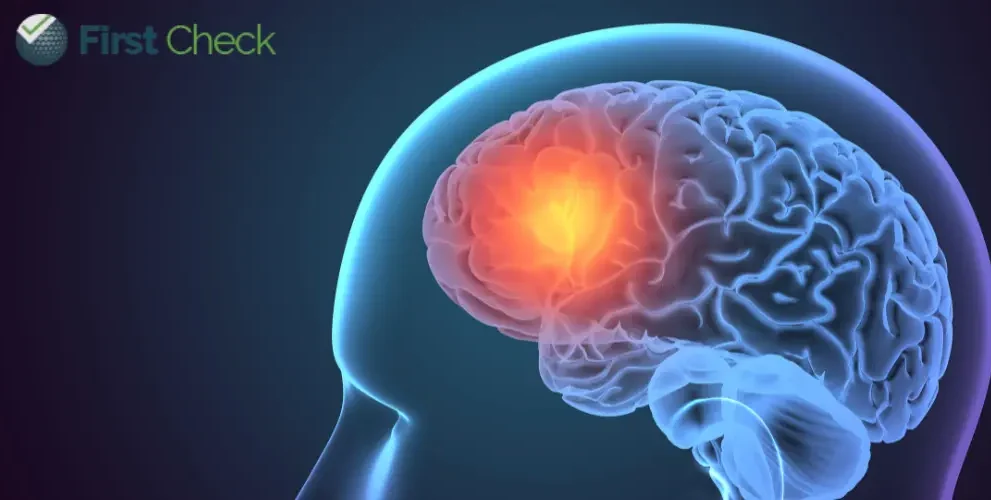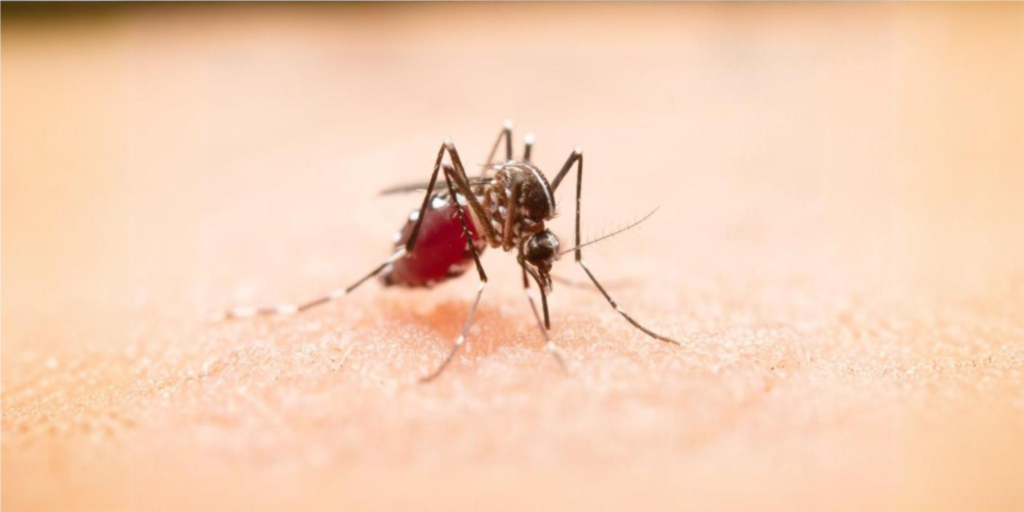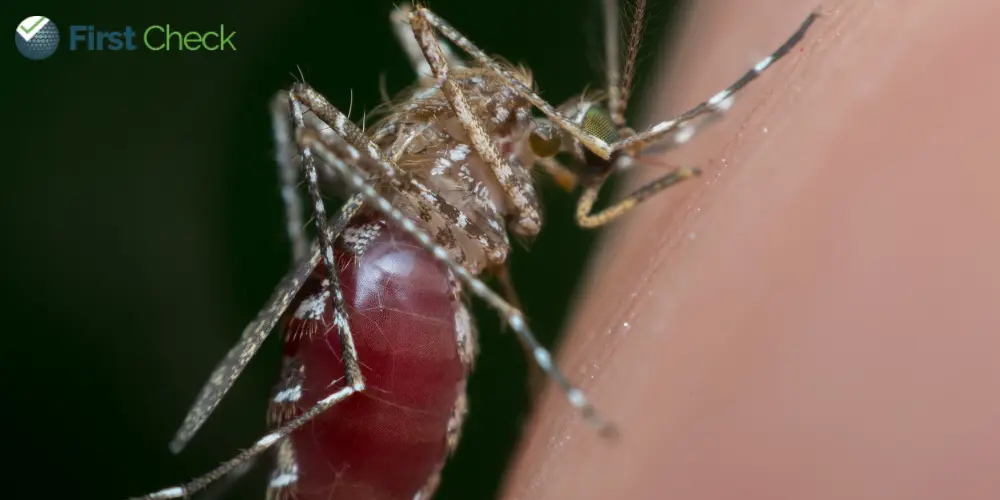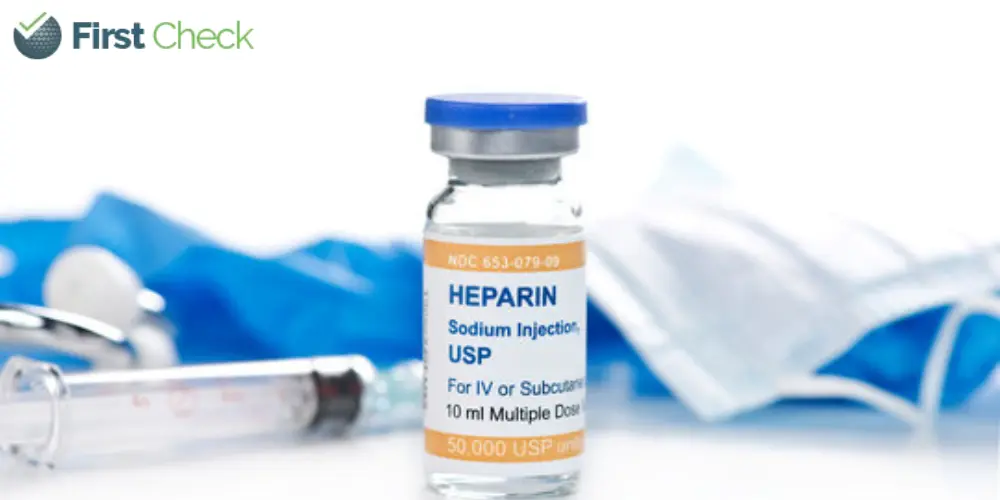Tags
Explainer: Why amoebic meningoencephalitis deaths in Kerala are disconcerting
Author
Author
- admin / 4 months

- 0
- 3 min read

This could be a result of climate change, since rising air temperatures lead to a rise in water temperatures, which are the breeding grounds for Naegleria fowleri.
The news of three deaths in the last two months in the southern state of Kerala, due to amoebic meningoencephalitis, a rare infection, is causing much apprehension among Indians. Given that the infection has a mortality rate of over 90 per cent, it is nearly always fatal.
First Check gets you all the facts you need to know about this rare disease. Amoebic Encephalitis is a lethal central nervous system infection caused by amoebae (single celled organism) found in fresh water, lakes, and rivers. There are two types of Amoebic encephalitis, primary amoebic meningoencephalitis (PAM) and granulomatous amoebic encephalitis (GAE).
The occurrence in Kerala is caused by Naegleria fowleri, also referred to as brain-eating amoeba, and has manifested as PAM. This variant of amoeba thrives in fresh warm water, such as lakes and rivers. When the infected water reaches the brain via the nose, it can destroy brain tissues and cause swelling, leading to PAM.
According to the Centre for Disease Control (CDC) in the United States, this could be a result of climate change, since rising air temperatures lead to a rise in water temperatures, which are the breeding grounds for Naegleria fowleri.
Early symptoms of PAM could include a headache, fever, nausea, and vomiting. These usually appear five days after an exposure to the amoeba. As it makes inroads, the symptoms get more severe and could include stiff neck, confusion, seizures, hallucinations, and coma.
Death from PAM typically occurs within five days after symptoms first appear; a patient could likely die between the first and the eighteenth day. Although no specific treatment exists for PAM infections, early diagnosis, admission to ICU within 24 hours, followed by administration of a combination of antimicrobial drugs, may avert a possible death.
Since PAM spreads via the nasal passage, making use of sterilised or distilled water or boiled tap water to rinse one’s sinuses is advised, especially in regions that have had a history of PAM-related hospitalisations. Disinfecting a fresh water source with chlorine or any other disinfectant, before swimming in its water is highly recommended.
Stay informed with First Check. To fact-check health claims, write to us at hello@firstcheck.in or WhatsApp us on +91 9311 223145. You can also connect with us on First Check WhatsApp channel.
Read More: Explainer: How the menstrual cycle impacts the brain









